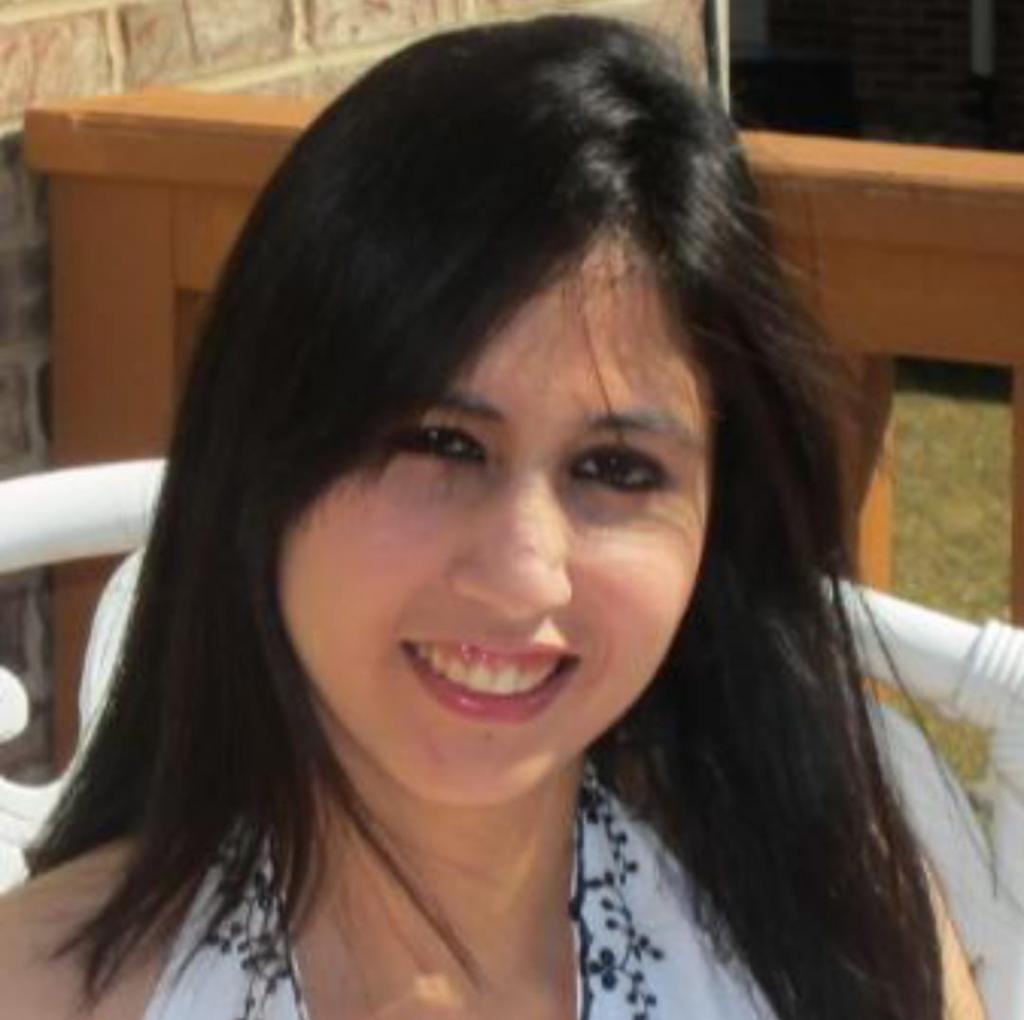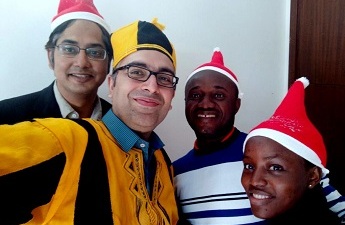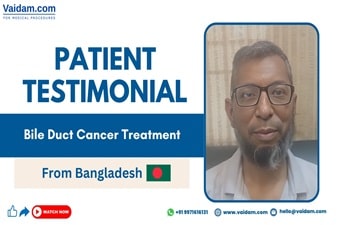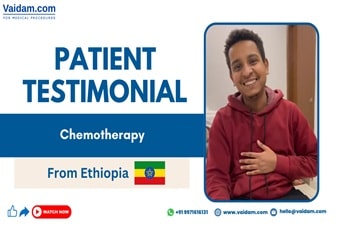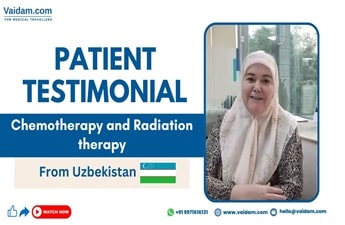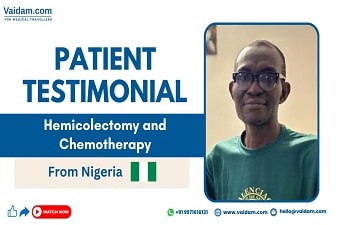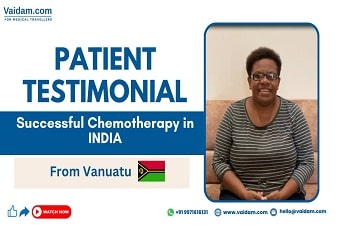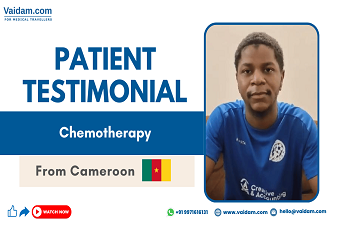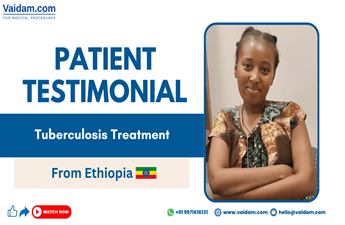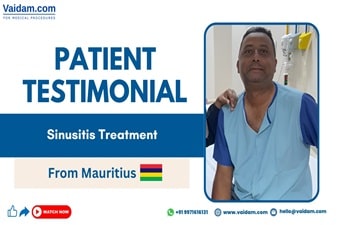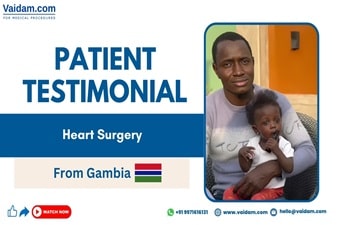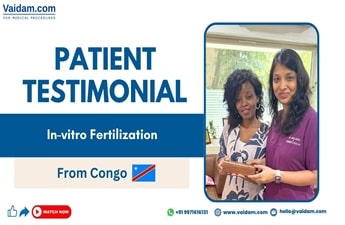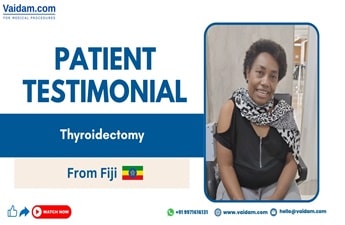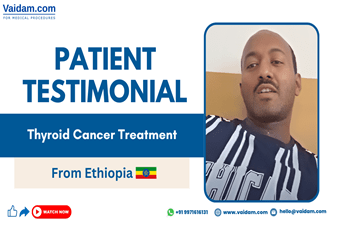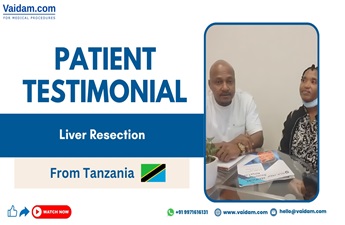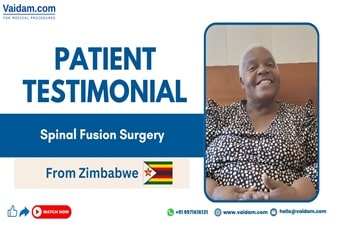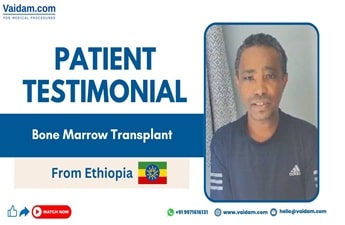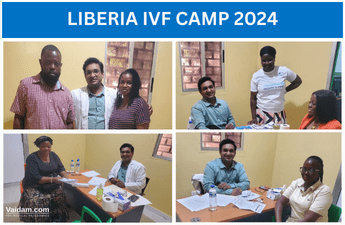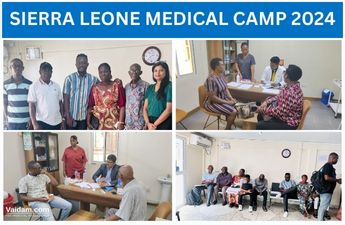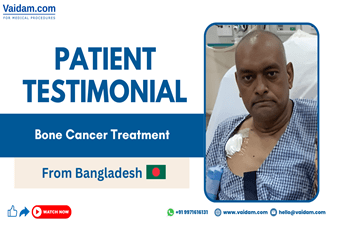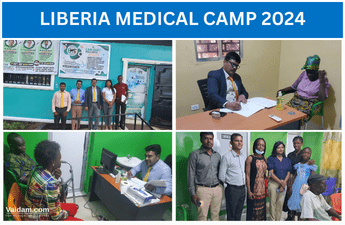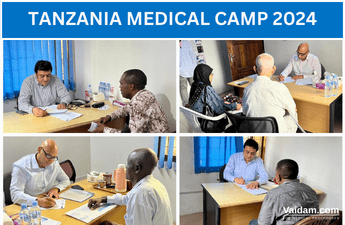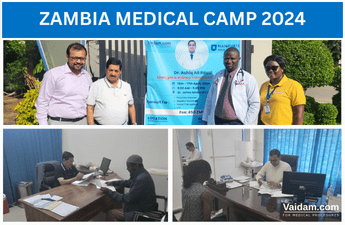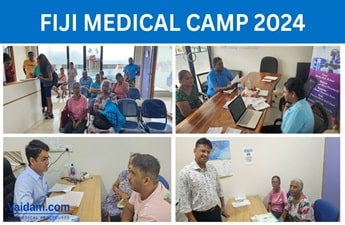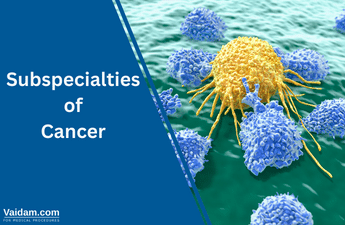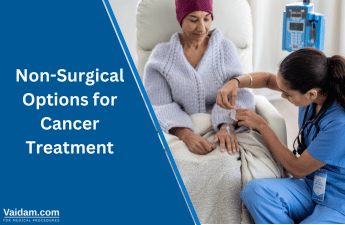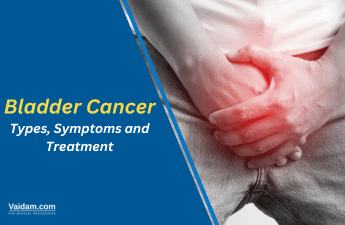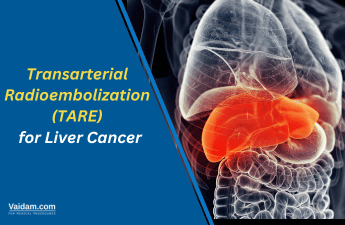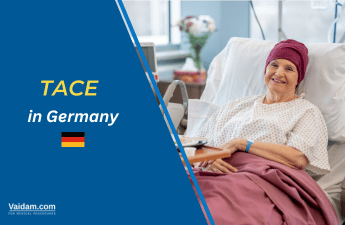India’s most prominent medical oncologist Dr Dinesh Pendharkar has 35 years of skilful experience in this field. He currently holds the position of Director at the Sarvodya Hospital, Faridabad, Haryana. He is a president of the Indian Society of Oncology, joint secretary of the Indian Society of Oncology and associate editor of the Indian Journal of Medical Pediatric Oncology.
He completed his graduation from Moscow and residency at Tata Memorial Hospital, Mumbai and Cancer Research Center Moscow. He has done recognized research relating to the management of hand-foot syndrome using urea containing ointment. He is a former chairperson for the international affairs committee of the American Society Of Clinical Oncology.
His special interest includes general oncology, management of Hand-Foot Syndrome using Urea containing ointment, pediatric oncology and medical oncology.
He had varied work experience in these 35 years of medical service. He worked as a consultant at the Batra Hospital & Medical Research Center, New Delhi, later at the Choithram Hospital, Indore as a consultant. He also worked at India’s most trusted and oldest medical institute All India Institute of Medical Sciences, New Delhi as a consultant. Then he moved to Moscow at the Cancer Research Center as a Senior Resident and Tata Memorial Hospital, Mumbai, India.
What Is Pediatric Oncology?
If your kid develops cancer, he or she will most likely be treated by a paediatric oncologist. It is the research and treatment of cancer in children.
The majority of malignancies found in children differ from those seen in adults. Cancers in babies, adolescents, and teenagers are the focus of paediatric oncology. Pediatric oncologists are specifically educated to look after your kid and keep them comfortable while they are through treatment.
Types of Childhood Cancer
While your kid may still get malignancies that are more prevalent in adults, the following cancers are commonly observed in children:
- Leukaemia
- Tumours of the brain and spinal cord
- Neuroblastoma
- Wilms tumour
- Lymphoma
- Rhabdomyosarcoma
- Retinoblastoma
- Bone cancer
Children's cancer treatments are more effective than adults'. Children are less likely than adults to suffer other illnesses in addition to cancer. That implies young bodies can withstand more abrasive treatments than adults' bodies.
What are the causes of Childhood Cancer?
The aetiology of the majority of paediatric malignancies remains unknown. A hereditary mutation causes around 5% of all malignancies in children (a genetic mutation that can be passed from parents to their children).
Most childhood malignancies, like those in adults, are considered to arise as a consequence of gene abnormalities that cause uncontrolled cell proliferation and, eventually, malignancy. These gene changes in adults are the result of the cumulative effects of ageing and long-term exposure to cancer-causing chemicals.
However, finding probable environmental causes of childhood cancer has been challenging, partly due to the rarity of cancer in children and partly due to the difficulty in determining what children may have been exposed to early in their development. Cancer in Children and Adolescents is a fact sheet that contains further information on the probable causes of cancer in children.
How Pediatric Oncology Helps Your Child
Pediatric oncologists are paediatricians who have received additional training in cancer therapy. These experts search for and diagnose children malignancies, as well as recommend the best treatment options for your kid.
Chemotherapy, which employs powerful medicine to destroy cancer cells, is usually more effective in children with cancer. Instead of surgery or radiation therapy, which are commonly used for adults, doctors will typically employ chemotherapy to treat your kid.
Diagnosing Childhood Cancer
Your child's medical history, symptoms, and family history of cancer will be discussed with you by your doctor. If a family member has had cancer, certain children are more likely to have cancer.
Your doctor may also request that your kid undergo tests to look for indications of cancer, such as X-rays or MRIs. They may also recommend that your kid have a "biopsy." A doctor takes a sample of your child's tissue and sends it to a lab to be examined for cancer cells as part of this test.
If the tests reveal cancer, your doctor may inform you of the disease's stage. Staging determines how far the cancer has progressed and aids your doctor in determining the best treatment options.
Cancer can be classified into four stages: I, II, III, and IV. If your child's cancer has not progressed widely through their body, the stage will be lower. If it's higher, it means cancer has progressed.
Chemotherapy for Childhood Cancer
Chemotherapy affects your child's entire body, not just the cancer cells. Depending on whatever drug your kid takes, they may have a variety of adverse effects.
The doctor may prescribe medications or therapies to help your kid cope with the adverse effects. Chemotherapy can sometimes cause long-term adverse effects in your kid.
Surgery for Childhood Cancer
Your kid may require surgery to help alleviate cancer-related pain or discomfort. Depending on the type of cancer your kid has, he or she may only require one surgery or a series of surgeries over time.
The doctor may also recommend surgery to help stop cancer from spreading, diagnose the type, determine the stage, and treat it.
Problems such as bleeding and blood clots are common side effects of cancer surgery. Tissue around the surgical site, as well as adjacent organs, might be injured. There's also the possibility that your child will have an allergic response to the drug or acquire an infection.
Radiation Therapy for Childhood Cancer
Radiation therapy is a kind of cancer treatment in which high-energy waves or particles are used to destroy cancer cells and reduce tumours. Before surgery or chemotherapy, your kid may require radiation therapy to shrink the tumour to the point where it may be removed. Your kid may also get radiotherapy without the need for surgery in some cases.
Unlike chemotherapy, radiation treatment only affects cells in the treated area of your child's body, including cancerous and healthy cells.
Doctors will ensure that your kid receives a safe dose of radiation that targets the tumour while avoiding harming other organs.
Radiation can cause minor cell damage, tiredness, lowered blood counts, hair loss, and skin changes including redness and sensitivity.
Cell damage can potentially have long-term, or "late," consequences for some youngsters. Long-term consequences differ based on the location of your kid's body that was treated, the amount of radiation received, and the age of your child. Your child will almost certainly require follow-up appointments with their doctor throughout their lives to check for issues that may not manifest themselves for years after radiation treatment.
Symptoms of Childhood Cancer
While your child's doctor can detect many cancers early, certain cancers can be difficult to detect because their symptoms are similar to those of common diseases and accidents.
It's critical to take your child to the doctor if they exhibit any of the following symptoms to increase the chances of an early diagnosis:
- Rapid weight reduction
- Unexpected alterations in vision
- Constant migraines
- Viral fevers that don't go away
- Limping
- Constant discomfort in a certain area of their body
- Easy bruising or bleeding
- Energy deficiency
- Paleness that cannot be described
- A bulge or enlargement that is unexplained
While these symptoms are most likely caused by a minor sickness or injury, it is critical that your kid consult a doctor if any of them persist.
Getting Support
The discovery that your kid has cancer has an impact on every aspect of your family's existence. Most physicians will recommend programmes to assist your family in comprehend and adjust to your child's condition. To assist your family to comprehend your kid's cancer, your doctor may recommend that you and your child talk with a psychologist or counsellor.
Many children cancer clinics provide a welcoming environment to help your kid feel comfortable throughout treatment. Social workers are frequently available to assist your kid in adjusting their school and social routines to accommodate their therapy. Your kid's physicians are trained to communicate with your family and child about their cancer treatment in an understandable and reassuring manner.
REMEMBER
Children and teenagers are not merely little grownups. Their bodies are developing and they have certain medical requirements. They typically communicate their concerns in ways that adults do not. They are not always able to answer medical inquiries and are not always patient and willing.
Pediatric haematologists/oncologists understand how to evaluate and treat young children and adolescents in a comfortable and cooperative manner. Most paediatric haematologists/oncologists' clinics are designed with children and adolescents in mind, and the clinical staff has special experience and skill in working with these patient populations.
If your paediatrician recommends that your child or adolescent see a paediatric haematologist/oncologist, you may be confident that your child or adolescent will receive the finest treatment available.
Conclusion
A cancer diagnosis is unpleasant at any age, but it is especially traumatic for a kid. It's normal to have a lot of questions, such as, "Who should treat my child?" Will my child recover? What does this all imply for our family? Not all questions have answers, but the information provided above answers many of your queries. Dr Dinesh Pendharkar working tirelessly to save the lives of cancer patients.

